Intellectual humility is needed for scientists and economists to understand and address the problems that confront them.
Paul Schwennesen
A return to the principles of Thomas Jefferson can address our current existential angst while maintaining the basic edifice of our national legacy.
Ukraine should stop wasting its time trying to join NATO and instead focus on being self-sufficient.
He was a lover of kittens, and a crusader to the core.
Something big is afoot, and I'll be damned if I'm going to sit this one out.
Are the United States and Russia headed towards a nuclear conflict over Ukraine?
The Hidden Life of Trees is a missed opportunity to think about modern ecology.
While we haggle over the proper level of U.S. government aid to Ukraine, the moment is ripe for a third way: Liberty-loving private action.
Bill MacAskill believes we need a new set of philosopher-kings to solve climate change, the population explosion, and other crises.
The people of Ukraine are focused on defending themselves. But they may also put a match to a Russian powder keg.
Ukraine's success at Lyman suggests that logistics could win the war.
Are zoning laws the latest manifestation of Tocqueville's fear of administrative despotism?
Here in Ukraine, the ideals of freedom have suddenly taken on a new, concrete reality for everyone.
Rory Groves would like us all to return to a simpler, earthier way of life. Most of us probably prefer prosperity.
Finch works well at the superficially emotive level, but also on a deeper, more spiritually symbolic one.
A reflection on the promise and limits of American power in Afghanistan.
The causes of climate change are uncertain to scientists, even though the media portrays it otherwise.
Why the sector can lead a market-driven environmentalism that consumers can support.
Private ownership, with its opportunities for individual preference, experimentation, and management might actually be the best thing for biodiversity.
Perhaps Michael Moore & Co. believe that Planet of the Humans will be a call to the faithful toward a more ascetic form of eco-worship.
We ceded so much of our children’s lives to the Department of Education and the Department of Everything-Else that we forgot what responsibility felt like.
Now more than ever, we are reminded why vibrant, small-scale agriculture is so vital, not only to our national food supply, but to our national character.
By engaging in such flagrant projection, the Times has highlighted once again the problem with groupthink in the climate discussion.
Words like “catastrophic,” and “irreversible” dominate the discourse about humanity’s impact on global ecosystems. We should ask why.
A restrained and historically informed worldview, which knows a thing or two about “big crises” can only cringe.
It would be more accurate, and helpful to Mother Earth, if we weren’t so anthropocentric in the way we studied and taught the subject.
Modern progressive intellectuals are far more fluent in organic hummus recipes than in working-class daily reality.
The logic of pursuing diversity is being taken to absurd levels: so why not sports, too?
People’s lives can be deeply affected by sexual violence, so it's important to take the "one-in-five" rhetoric seriously.
Dr. Paul Schwennesen is an environmental historian and military affairs analyst. His major research interests are in the geopolitics of liberty and the environmental and transatlantic history of the 16th century, with special focus on the entradas of De Soto and Coronado into North America, 1539-1542. He holds a PhD from the University of Kansas, a Master’s degree in Government from Harvard University, and degrees in History and Science from the United States Air Force Academy. Paul served ten years in the US military in weapons-systems acquisition, foreign area intelligence, and flightline operations which included deployments to Central America and Afghanistan. In 2022 he volunteered in Ukraine to provide civilian aid and combat training on the frontlines against the Russian invasion. He was presented with the Verhkhovna Rada medal by the Ukrainian Parliament for “Merit to the Ukrainian People.” He is a regular contributor to the American Institute for Economic Research, and his writing has appeared at the New York Times, American Spectator, Claremont Review, and in textbooks on environmental ethics (Oxford University Press and McGraw-Hill).












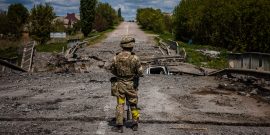

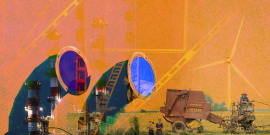




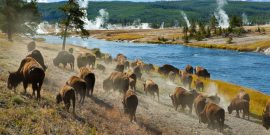




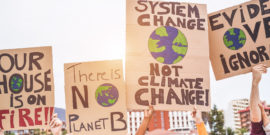
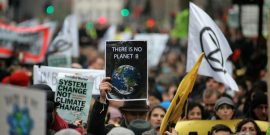



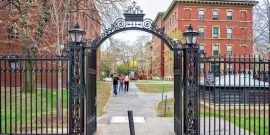



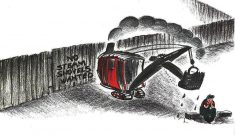

![GMO_Free_13_I10[1]](https://lawliberty.org/app/uploads/2020/01/GMO_Free_13_I101-1-194x135.jpg)
